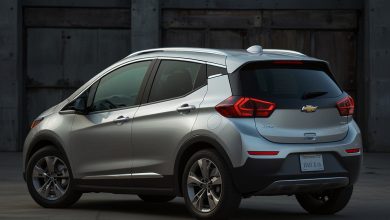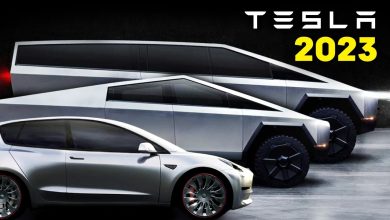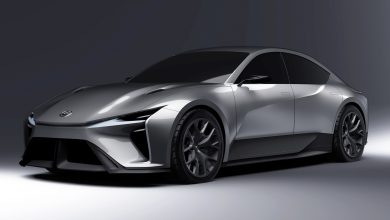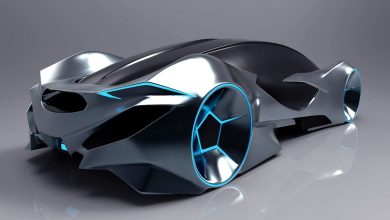New 2023 Electric Cars
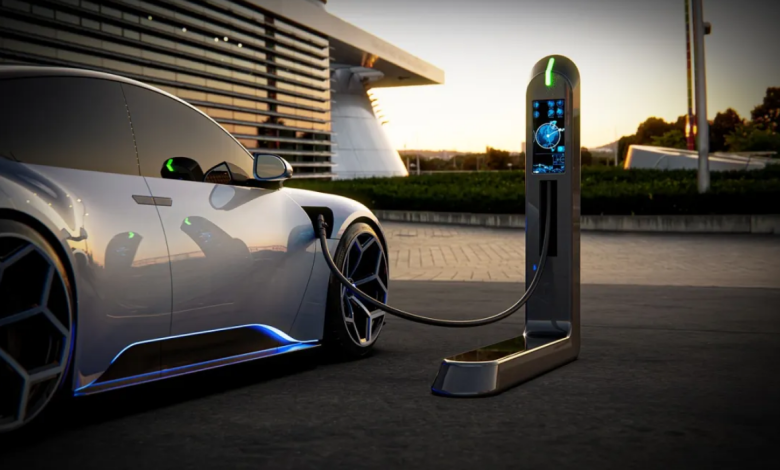
Overview Of The Current State Of The Electric Car Market
Here are a few key points you could include in an article about new 2023 electric cars:
- Overview of the current state of the electric car market, including sales trends and major players.
- Introduce new models set to be released in 2023, including details on range, charging capabilities, and notable features.
- Highlight any advancements in battery technology that will impact the performance and cost of these new electric cars.
- Discuss any government incentives or regulations that are driving the growth of the electric car market.
- Discuss the environmental benefits of electric cars compared to traditional gasoline-powered vehicles.
- Offer a comparison of the new 2023 electric cars with existing models to help readers make informed purchasing decisions.
- Include any predictions for the future of the electric car market and how the new 2023 models fit into that forecast.
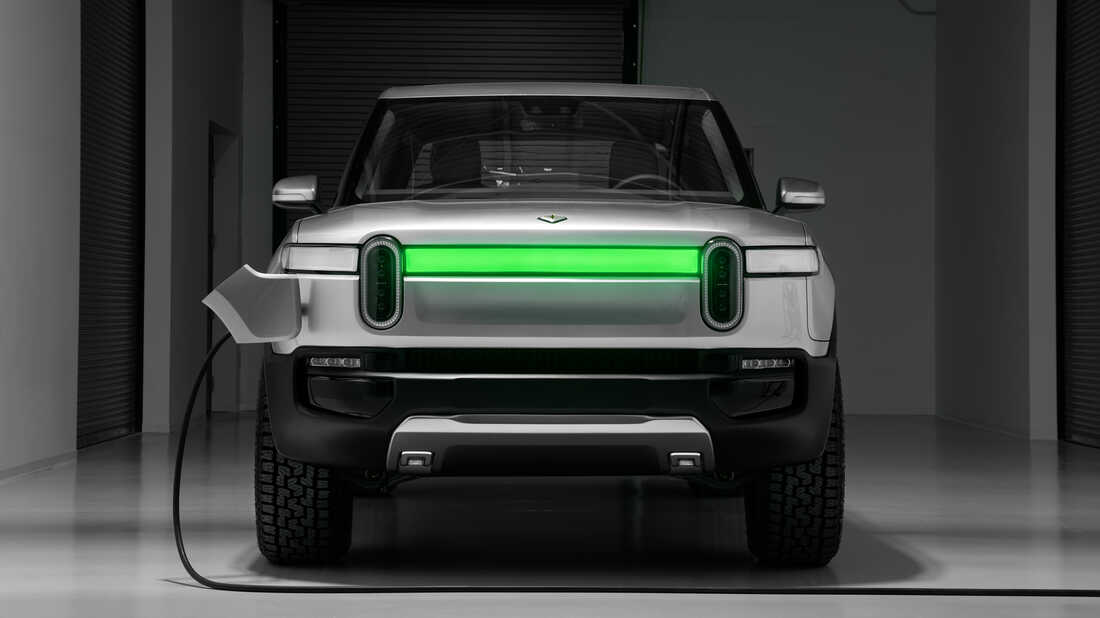
There are Several New Electric Car Models Set To be Released in 2023
There are several new electric car models set to be released in 2023. Here are a few notable examples:
Ford Mustang Mach-E: Ford is set to release an all-electric version of its iconic Mustang sports car in 2023. The Mach-E has a range of up to 300 miles on a single charge, and can be charged using both Level 2 and DC fast charging. It will feature a large touchscreen display in the dashboard, and Ford’s latest driver assist technologies.
Volkswagen ID.4: Volkswagen is set to release an all-electric version of its popular compact SUV, the ID.4. The ID.4 will have a range of up to 250 miles on a single charge and can be charged using both Level 2 and DC fast charging. It will also feature a large touchscreen display in the dashboard and Volkswagen’s latest driver assist technologies.
Lucid Motors Air: Lucid Motors is set to release its first electric car, the Air, in 2023. The Air has a range of up to 517 miles on a single charge, and can be charged using both Level 2 and DC fast charging. It will feature a large touchscreen display in the dashboard, and Lucid’s latest driver assist technologies.
Rivian R1T: Rivian is set to release its first electric car, the R1T, in 2023. The R1T has a range of up to 400 miles on a single charge, and can be charged using both Level 2 and DC fast charging. It will feature a large touchscreen display in the dashboard and Rivian’s latest driver assist technologies.
ALSO READ
New 2023 Electric Cars
GMC Hummer EV: GMC is set to release an all-electric version of its iconic Hummer in 2023. The Hummer EV has a range of up to 350 miles on a single charge, and can be charged using both Level 2 and DC fast charging. It will feature a large touchscreen display in the dashboard and GMC’s latest driver assist technologies.
It’s worth noting that these models and their specs are subject to change as they are still in the development phase, always check with the manufacturer for the most updated information.
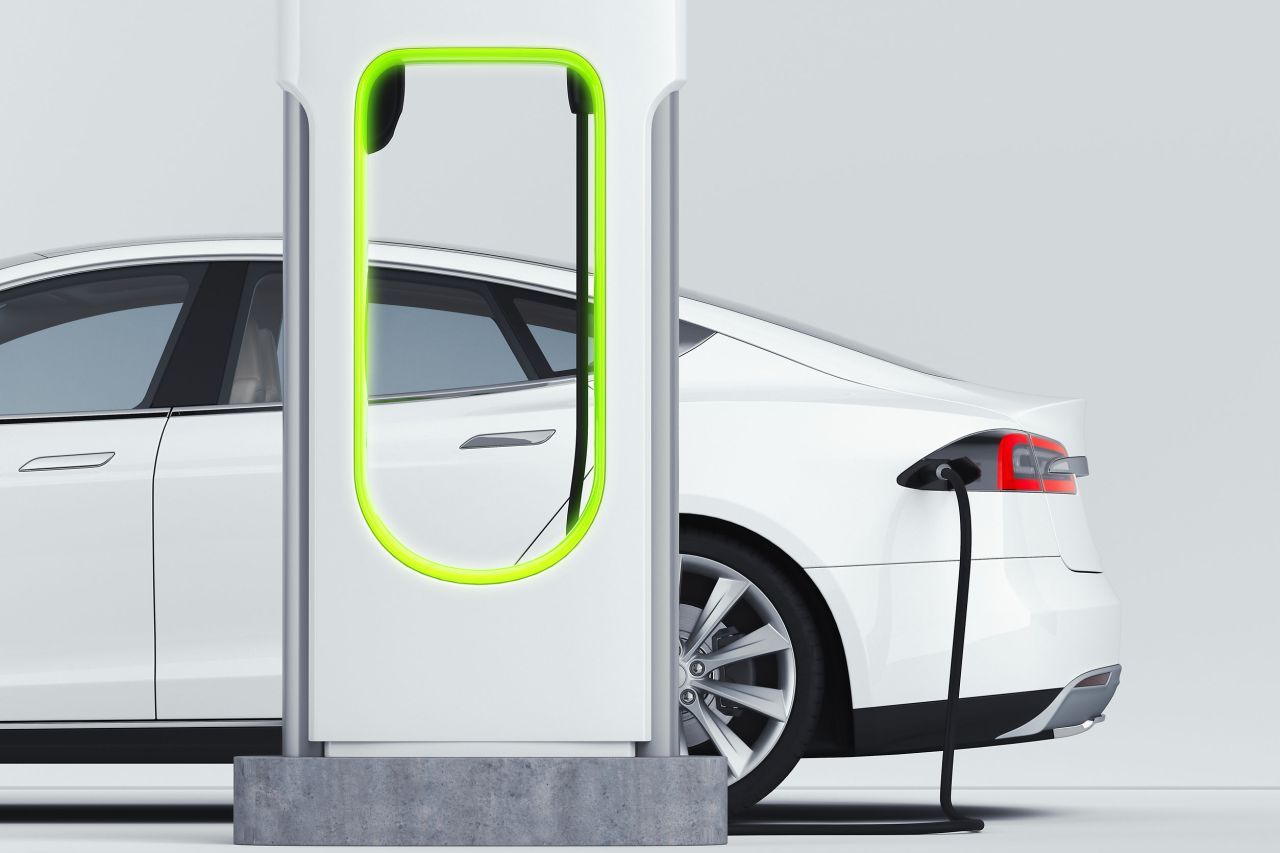
Highlight any Advancements in Battery Technology
Recent advancements in battery technology are expected to have a significant impact on the performance and cost of new electric cars set to be released in 2023. Here are a few notable advancements:
Increased Energy Density: One of the most important factors in electric car batteries is energy density, which measures the amount of energy stored in the battery per unit of volume. Advances in battery chemistry and manufacturing techniques are leading to batteries with higher energy densities, which means that electric cars will be able to travel further on a single charge.
Lower Cost: Battery costs have been decreasing rapidly in recent years, driven by technological improvements and economies of scale. This decrease in cost is expected to continue in the coming years, making electric cars more affordable for consumers.
Faster Charging: Improvements in battery management systems and charging infrastructure are leading to faster charging times for electric cars. For example, some electric cars can now be charged to 80% in just 30 minutes using fast charging stations.
Recycling: Battery recycling technology has improved, making it possible to recover valuable materials from used batteries and reducing environmental impact.
Solid-State batteries: Solid-state batteries use solid electrolytes, which are non-flammable and are less likely to leak. Solid-state batteries are also lighter, smaller and have a much higher energy density than the traditional liquid electrolyte batteries.
All these advancements in battery technology will play a significant role in the overall cost and range of the electric cars, making them more affordable and appealing to the customers. However, it’s important to note that the implementation of these advancements may vary depending on the car manufacturers, and not all the cars may have the same capabilities.
Discuss Any government incentives or Regulations That are Driving
There are several government incentives and regulations that are driving the growth of the electric car market.
One major incentive is financial incentives in the form of tax credits and rebates for purchasing electric vehicles. These incentives vary by country and region, but they can significantly lower the cost of buying an electric car, making them more accessible to consumers.
Another major driver of electric car adoption is the implementation of emissions and fuel efficiency standards. Governments around the world have set targets for reducing greenhouse gas emissions and increasing fuel efficiency, and electric cars are a key way to achieve these goals. Governments are also encouraging the development of electric car charging infrastructure to make it easier for consumers to charge their electric cars.
In addition to these incentives, some governments are also implementing regulations that require car manufacturers to produce a certain percentage of electric cars in order to promote their adoption. These regulations are commonly known as zero-emission vehicle (ZEV) mandates.
All these incentives and regulations are playing a role in increasing the production and sales of electric cars, which will drive the growth of the electric car market in the future.
Discuss The Environmental Benefits Of Electric Cars:
Electric cars have several environmental benefits compared to traditional gasoline-powered vehicles.
First and foremost, electric cars produce zero emissions at the tailpipe. This means they do not release pollutants such as carbon monoxide, nitrogen oxides, and particulate matter into the air, which can have negative impacts on human health and the environment.
Additionally, electric cars are powered by electricity, which can be generated from a variety of sources including renewable energy sources such as solar and wind power. This means that as the proportion of electricity generated from renewable sources increases, electric cars will have a lower environmental impact in terms of greenhouse gas emissions.
Another benefit of electric cars is that they are generally more energy-efficient than gasoline-powered cars. This is because electric motors are more efficient than internal combustion engines and electric cars can use regenerative braking to recover energy that would otherwise be lost as heat.
Finally, electric cars do not require the mining and drilling for fossil fuels that traditional gasoline-powered cars do. This means that they have a lower environmental impact in terms of resource extraction and the associated pollution.
Overall, electric cars are a cleaner and more sustainable transportation option that can help reduce air pollution and greenhouse gas emissions, making them a key solution to combat climate change.
Offer a Comparison Of the New 2023 Electric Cars With Existing Models:
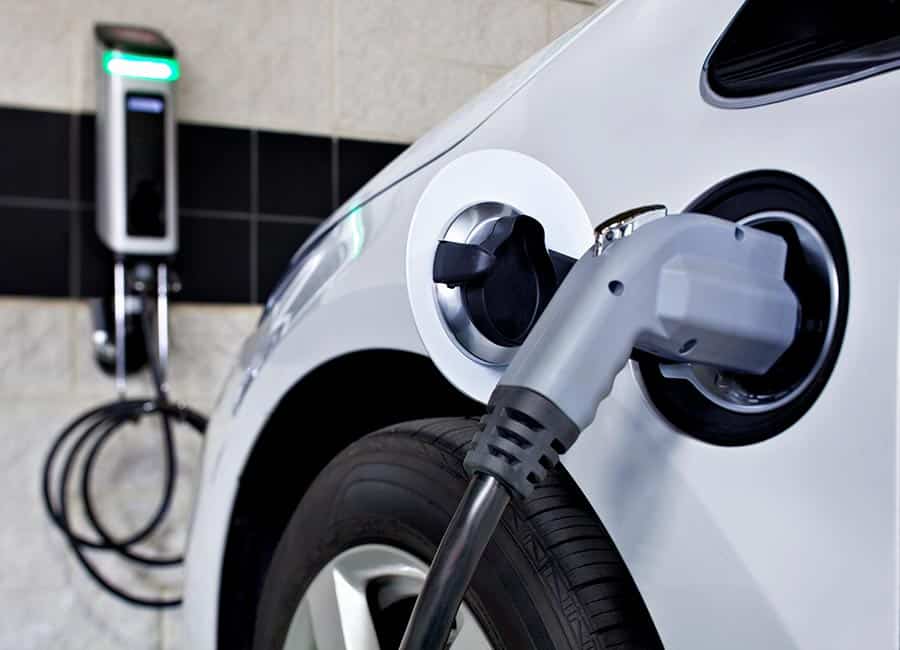
When comparing 2023 electric cars to existing models, one should consider factors such as range, charging time, price, and features.
Range is an important factor to consider when comparing electric cars, as it determines how far the vehicle can travel on a single charge. Some new 2023 electric cars, such as the Tesla Model S Plaid and Lucid Air, have ranges of over 400 miles per charge. Other models, such as the 2023 Nissan Leaf, have ranges of around 225 miles per charge.
Charging time is another important factor to consider. Some electric cars can be charged to 80% capacity in as little as 30 minutes using fast charging stations, while others may take several hours to charge using a standard Level 2 charger.
Price is also an important consideration. Some new electric cars can be quite expensive, with base models starting at over $50,000. However, there are also more affordable options available, such as the 2023 Ford Mustang Mach-E, which starts at around $43,000.
Features and design are also something to consider, from the technology inside the car, to the safety systems and the look of the car. Some of the 2023 models offer new features such as improved self-driving capabilities, augmented reality displays and more.
Overall, when comparing 2023 electric cars to existing models, one should consider their range, charging time, price and features, as well as their personal needs and preferences. It’s important to take a test drive and research different models to find the best fit for you.
Include any predictions for the future of the Electric Car
It is difficult to make specific predictions about the future of the electric car market, as it is heavily influenced by government regulations, technological advancements, and consumer demand. However, it is generally expected that the market for electric cars will continue to grow in the coming years.
As for the new 2023 models, they are likely to feature further improvements in battery technology, range, and performance, making them more competitive with traditional gasoline-powered cars. Additionally, more carmakers are planning to launch new electric models and many governments are planning to phase out the combustion engine cars and promote the EV cars, which will increase the options and competition in the market.
Overall, the future of the electric car market is likely to be characterized by increasing competition, more advanced technology, and a wider range of options for consumers.

